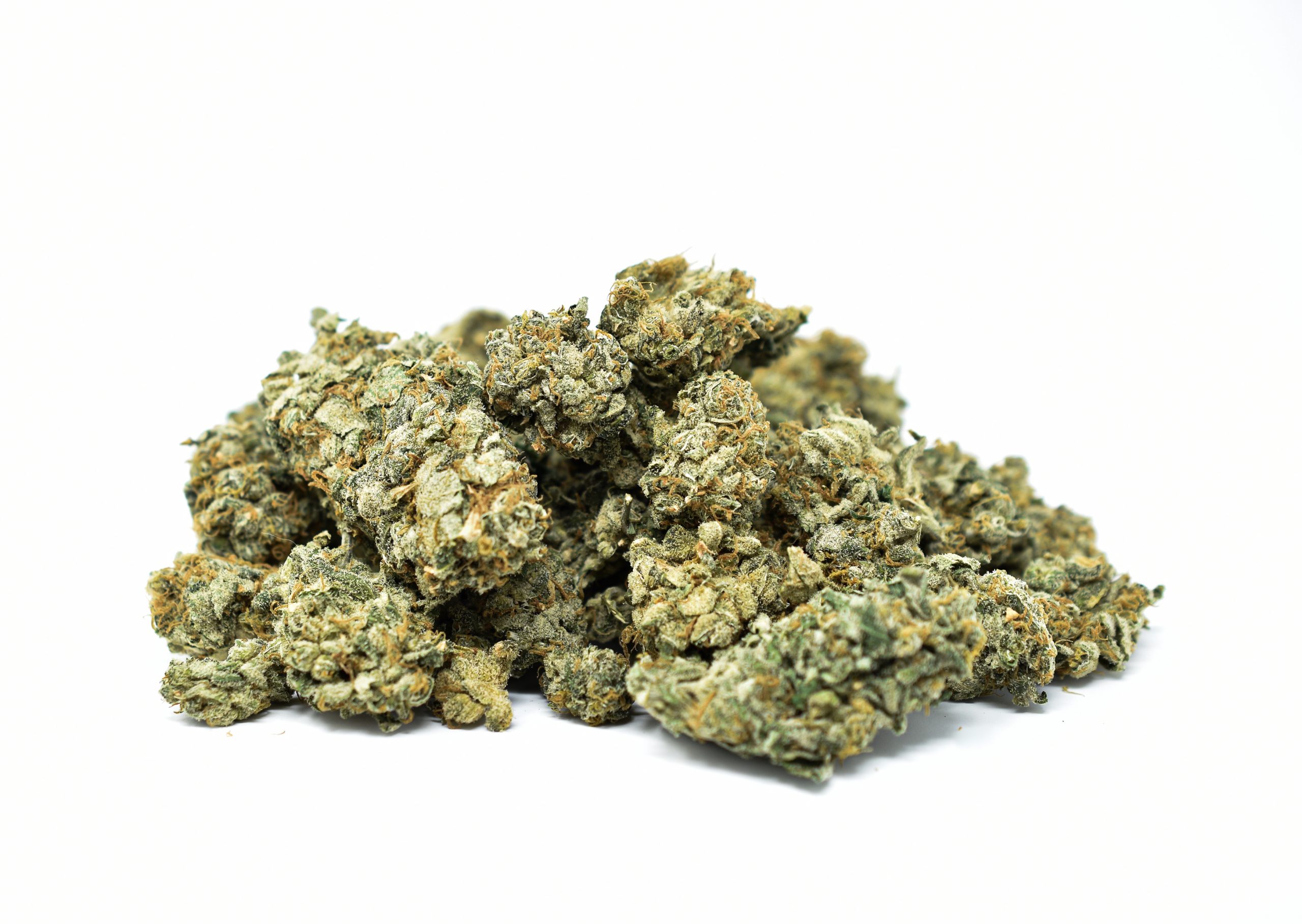How Medical Marijuana Helps With Giving Up on Opioids Leave a comment
Opioid addiction is a serious problem in Canada. Being the second-largest per capita user of opioids in the world, Canadians are getting killed by them. Fortunately, now that medical cannabis is legal in Canada – with the legalization of recreational use drawing near – Vancouver-based HIV/AIDS researchers encourage doctors to use medical cannabis instead of opioids to treat their patients who suffer from neuropathic pain and other conditions that cannabis was proven to successfully combat.
Why Are Doctors Afraid of Prescribing Medical Cannabis to Canadian Patients?
The evidence supporting the medical properties of cannabis actually outnumbers the use of harmful presciption drugs that are used to deal with the same conditions. Moreover, in many cases, cannabis has a side-effect profile that is close to zero – something you cannot say about opioids.
The use of opioids, such as morphine, hydromorphone and oxycodone contributes to nearly half of all yearly overdose deaths in Canada. Although there are plenty high-quality, peer-reviewed studies on the medical use of cannabis, Canadian doctors and pharmaceutical companies continue on ignoring them.
Although medical marijuana is legal in Canada, the government doesn’t consider it an approved drug. Medical cannabis is produced and distributed on a network of large-scale commercial enterprises. Furthermore, in order to acquire a medical marijuana patient card, one has to be approved by the court, which doesn’t make it easier for people in need.
Hopefully, with more complex research on cannabinoids in marijuana we can expect a greater progress in attitude towards cannabis. For now, many Canadian doctors are skeptical about the herb and the substance remains stigmatized by the medical community. On the other hand, they have absolutely no problem with prescribing a synthetic marijuana drug, Nabilone, to patients who need it for treating nausea after chemo.
How Medical Marijuana Helps With Giving Up on Opioids?
Not only are opioids harmful for your body, but they are also strongly addictive. The reason why they’re so hard to give up on lies within the nature of opioids. They produce euphoria and pleasure by activating the brain’s reward pathways. When people use opioids frequently, their tolerance level increases and we need more to achieve the same effect.
At a certain point, there are two options to pick from; either you will overdose on opioids and die, or you’ll cease the use and suffer from severe symptoms or other adverse effect. As soon as you know the strength of opioid withdrawal symptoms, you’ll realize how powerful their grip is.
So how can we give up on opioids and treat pain or other conditions without burdening our bodies? Here’s where medical marijuana steps into the game. While until now cannabis was recognized by its staple cannabinoid, THC, the second most abundant molecule, CBD, starts to rule the roost as its potential is being unveiled. Most revered for its therapeutic properties in treating pediatric epilepsy, CBD is now showing its versatility by treating addiction.
Since we learn by association, our cravings are triggered by memories we gather in our lives. These types of triggers often cause the relapse in the case of opioids. CBD has been recently found to dissolve these associations by interacting with the serotonin system – the one that is responsible for both the mood and addiction. According to preclinical research, CBD reduces drug-seeking behavior, mitigates withdrawal symptoms and ceases our cravings.
A small study conducted to investigate CBD’s impact on addiction took place in Canada. The subjects were heroin-dependent individuals. Researchers divided those individuals into two group – one was given a dose of CBD, and the other took placebo. After one hour, one day, and one week after CBD/placebo administration, patients were tested for their cue-induced drug craving. While placebo had literally no effects on them, CBD decreased anxiety and withdrawal symptoms at all time points.
Will Medical Marijuana Replace Opioids?
For the time being, it’s rather impossible. Despite preclinical human studies being consistent with animal research, we still need more strict studies on a larger scale in order to convince the medical community that treating pain and other conditions with marijuana can be a harmless and super-effective way of dealing with medical problems without placing any burden on our systems.
Fortunately, the medical potential of cannabis is yet to be fully uncovered and with more advocates supporting the medical use of the herb, we’ll be able to finally drag pharmaceutical prescription drugs away from people.
What’s your experience in treating addiction with cannabis? Have you ever tried it? Let’s hear your stories!


